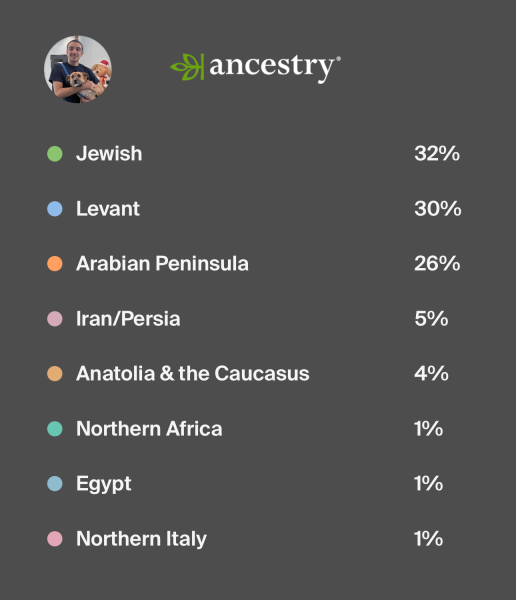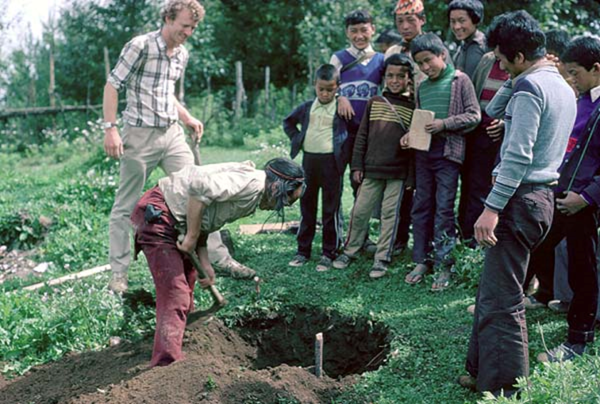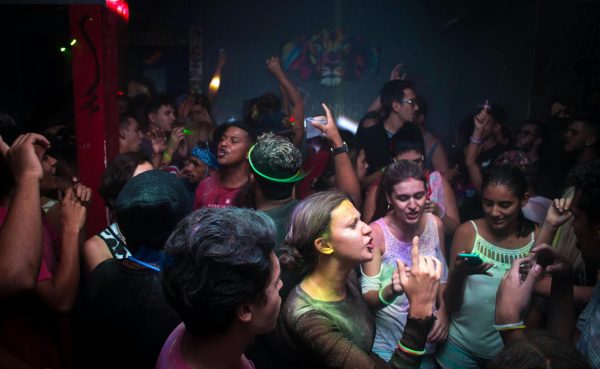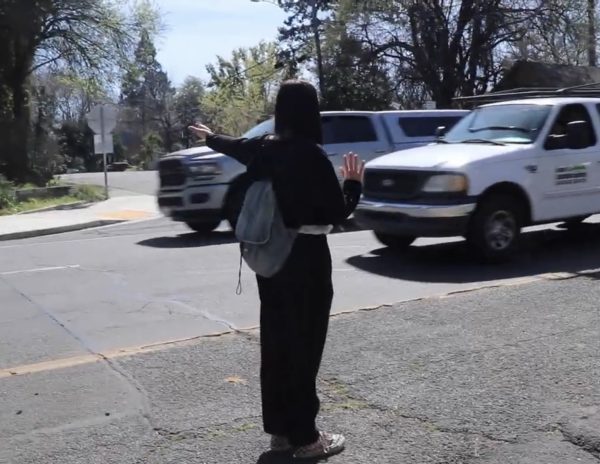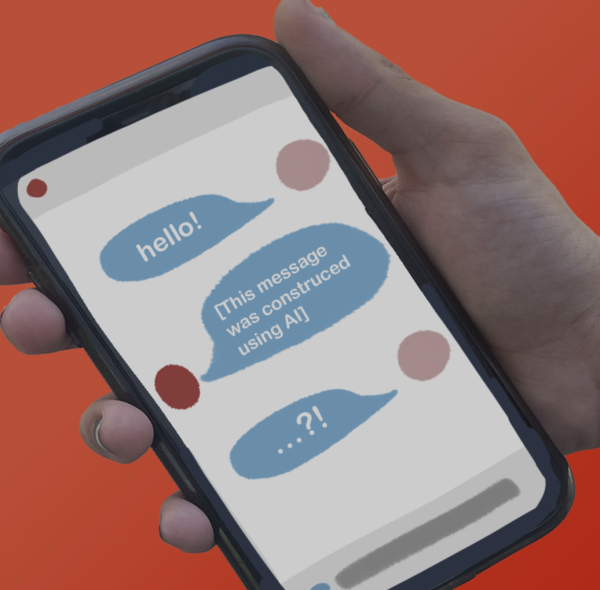Dealing with COVID-19 and my Depression
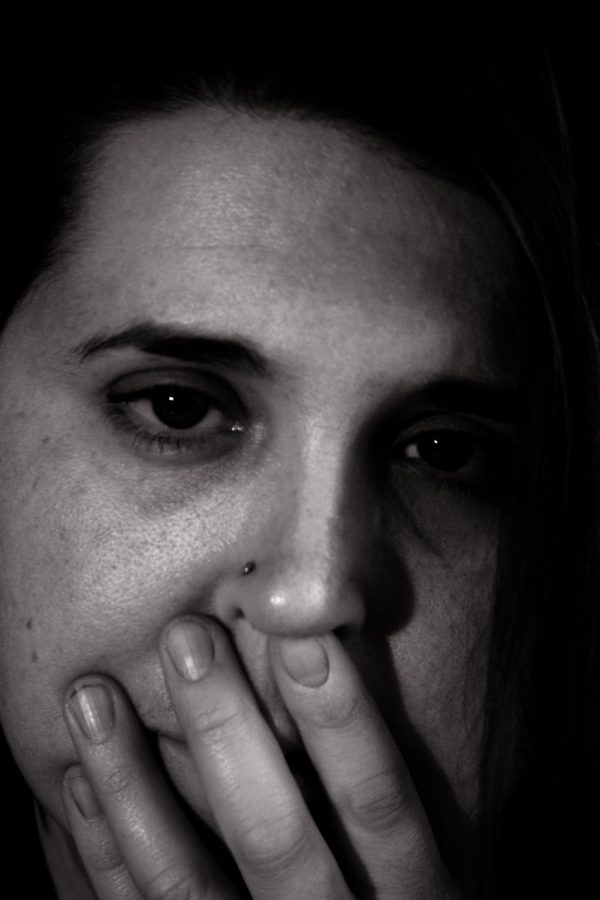
Self portrait by Erin Holve
It’s dark in my apartment, I lack the motivation to turn on the lights or open the curtains. It’s the afternoon and I’m still in my bed, mindlessly scrolling through Tumblr. It’s more a ritual task than a way to stay connected with anyone — a way to distract my brain from the news, COVID-19 or other chaotic things.
I should probably eat, but my appetite has been all over the place.
Some days it seemed so hard to take time to eat food, to show interest in it. Other days it was a form of comfort for a world that feels as though it’s gone topsy-turvy.
This was how I’ve spent a lot of my time since the pandemic started, just existing.
Forgetting what days I showered, cleaned the apartment or properly socialized with someone. Looking back, I’m not really sure how I got to this point, I just slowly slipped into it as you would a daydream.
I received a few texts that I hadn’t had the heart to look at yet. Equal parts shame for ignoring them and relief in not having to force socializing with others. Finally the shame overtook the relief and I checked my messages.
“Hey how’s everything going?” Such a simple, unobtrusive text. It should have been such an easy text to answer, “Oh, I’m doing fine.” But was I? Ever since the pandemic started I’ve felt outside of myself, wrong, like I don’t know what to do with myself.
The text was from my friend Carol, a kindred spirit in all things mental health and sadness. She’s always had a way of noticing when I felt off kilter.
Having struggled with her own bouts of depression and anxiety, she was able to spot the moment I stopped interacting with others. When I shut myself off from the rest of the world.
Pulled to Carol like a ship to shore, I unleashed a billowing and battering storm upon her as my ship made it to her safe harbor. I expressed how I have felt as if I’d been on autopilot, just existing from one place to the next. Struggling to socialize outside of work, where I put on a charade of happiness for the customers.
I waited for her to respond, sitting in a state of comfort for the first time in a long time. I hadn’t realized how much I was attempting to pull the wool over everyone’s eyes, even my own, in order to pretend everything was fine.
If I just collect all the porcelain pieces that make up my mask of normalcy no one will see how ugly and shameful I feel on the inside.
When Carol asked me if I felt depressed, I wasn’t sure how to respond. Anxiety had always been my wheelhouse of mental health. All I could keep thinking about was why would I be depressed?
I’d recently moved into a new apartment. Graduation was finally an expanding shore on the horizon, an end in sight. Everyone I cared about was healthy and alive.
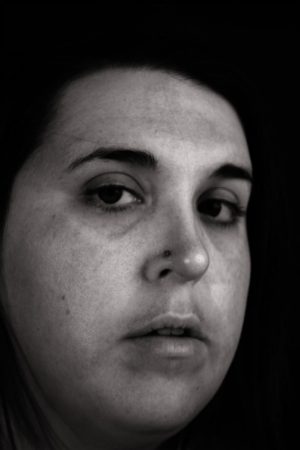
The Anxiety and Depression Association of America lists depression as a medical condition that can affect a student’s ability to work, study, interact with peers, or take care of themselves.
Difficulty sleeping or sleeping too much, appetite changes, withdrawing from participating in activities once enjoyed, feelings of sadness, hopelessness, unhappiness and difficulty concentrating on school work are all symptoms of depression.
I told Carol, maybe I was.
Carol asked what I planned to do now that it seemed I had symptoms of depression. I said I didn’t know. It felt so weird to label it, give it a concrete foundation. Suddenly it wasn’t just a feeling, but a mental health issue that was objectively real.
She told me not to rush into anything, it was OK to take time to figure it all out. If I ever needed to talk she was available. I told her I planned on speaking with a therapist. Something I’ve put off too long as someone with chronic anxiety.
I’ve made a lot of baby steps since that conversation. I’ve called therapist offices, not making appointments, but asking about getting help with anxiety and depression. It took me several tries before I felt empowered enough to actually book an appointment.
I’m not fixed now that I occasionally talk to a professional about my mental health, but I no longer feel like a boat lost at sea. The tumultuous waves of my mind have settled more. For now I’ll keep paddling to shore everytime my mind sends me adrift.
If you feel like you are experiencing symptoms of depression and/or anxiety here are some services you can access:
- During Fall 2020, the WellCat Counseling Center will be providing services to new and returning students. They offer individual and group counseling via Zoom and phone for tele-mental health assistance to any Chico State student.
- If you are in crisis and need to speak to a counselor immediately please call 530-898-6345. They have a crisis counselor available 24/7 for crisis services. Visit the school WellCat page to schedule an appointment.
- ULifeline is an online resource for college mental health and has a self-evaluator available to connect students to resources on their campus
- Half of Us features inspirational interviews with artists and athletes along with information about mental health. A screening tool is also available.
Erin Holve can be reached at [email protected] or @ErinHolve on Twitter








